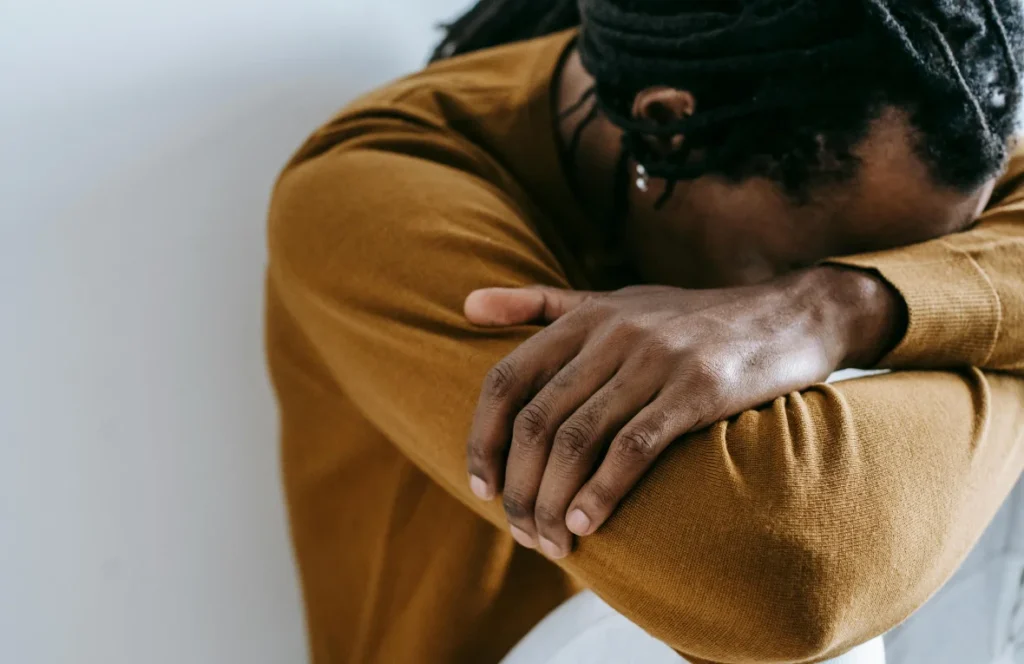Depression Therapy
Support for When Life Feels Heavy
Depression can make even the smallest tasks feel overwhelming — but you're not alone, and it’s okay to ask for help. At Psychotherapist Network, we connect individuals with licensed therapists who specialize in supporting people through depression in all its forms, with care, empathy, and proven methods.
Whether you’ve been feeling low for a while or you’re navigating a sudden emotional shift, therapy can help you find relief, clarity, and hope.


Signs You Might Be Living with Depression
Depression doesn’t always look the same for everyone. You may be experiencing:
- Persistent sadness or low mood
- Loss of interest in things you once enjoyed
- Difficulty sleeping or oversleeping
- Fatigue or low energy
- Feelings of hopelessness, guilt, or worthlessness
- Trouble concentrating or making decisions
- Changes in appetite or weight
- Withdrawing from friends, family, or activities
Our therapists offer a safe and non-judgmental space to explore what you’re feeling — and work with you to understand the deeper patterns behind it.
How Therapy Can Help
You don’t have to manage depression on your own. A licensed therapist can help you:
- Identify and challenge unhelpful thought patterns
- Reconnect with your values, goals, and identity
- Learn tools for emotional regulation and motivation
- Improve relationships and communication
- Build resilience and a sense of purpose
- Feel seen, understood, and supported


Our Therapy Options
Our network includes therapists who offer care through:
- In-Person Sessions — at local clinics in your area
- Online Therapy — private, secure video sessions
- Phone Therapy — speak confidentially, no camera required
We’ll match you with a therapist who understands your needs and works in a format that suits your comfort and schedule.
Therapeutic Approaches May Include
Your therapist will personalize your care plan based on your experience, preferences, and progress.
- Cognitive Behavioural Therapy (CBT)
- Acceptance and Commitment Therapy (ACT)
- Interpersonal Therapy (IPT)
- Psychodynamic Therapy
- Solution-Focused Therapy
- Mindfulness-Based Interventions
Got a question?
Frequently Asked Questions
What are the first signs that I may need therapy for depression?
Signs include persistent sadness, low energy, loss of interest in activities, sleep or appetite changes, and feeling hopeless. Therapy can help you explore these symptoms and find relief.
How does therapy help treat depression?
Therapy provides tools to challenge negative thought patterns, rebuild confidence, improve emotional regulation, and reconnect you with purpose and motivation.
What types of therapy are most effective for depression?
Cognitive Behavioural Therapy (CBT), Acceptance and Commitment Therapy (ACT), and Interpersonal Therapy (IPT) are commonly used evidence-based methods.
Can I get help even if I'm not clinically diagnosed?
Absolutely. You don’t need a diagnosis to benefit from therapy. If you’re struggling emotionally, therapy can offer support and tools to feel better.
Is online therapy effective for managing depression?
How soon can I expect to feel better after starting therapy?
Some people notice improvement after a few sessions, while others take more time. Progress depends on your individual situation, goals, and therapy consistency.
You’re Not Alone. Support Is Closer Than You Think.
It’s okay to reach out — healing starts with a simple conversation. We’re here to help you find the right therapist to support your mental wellness journey, with compassion and professionalism.
